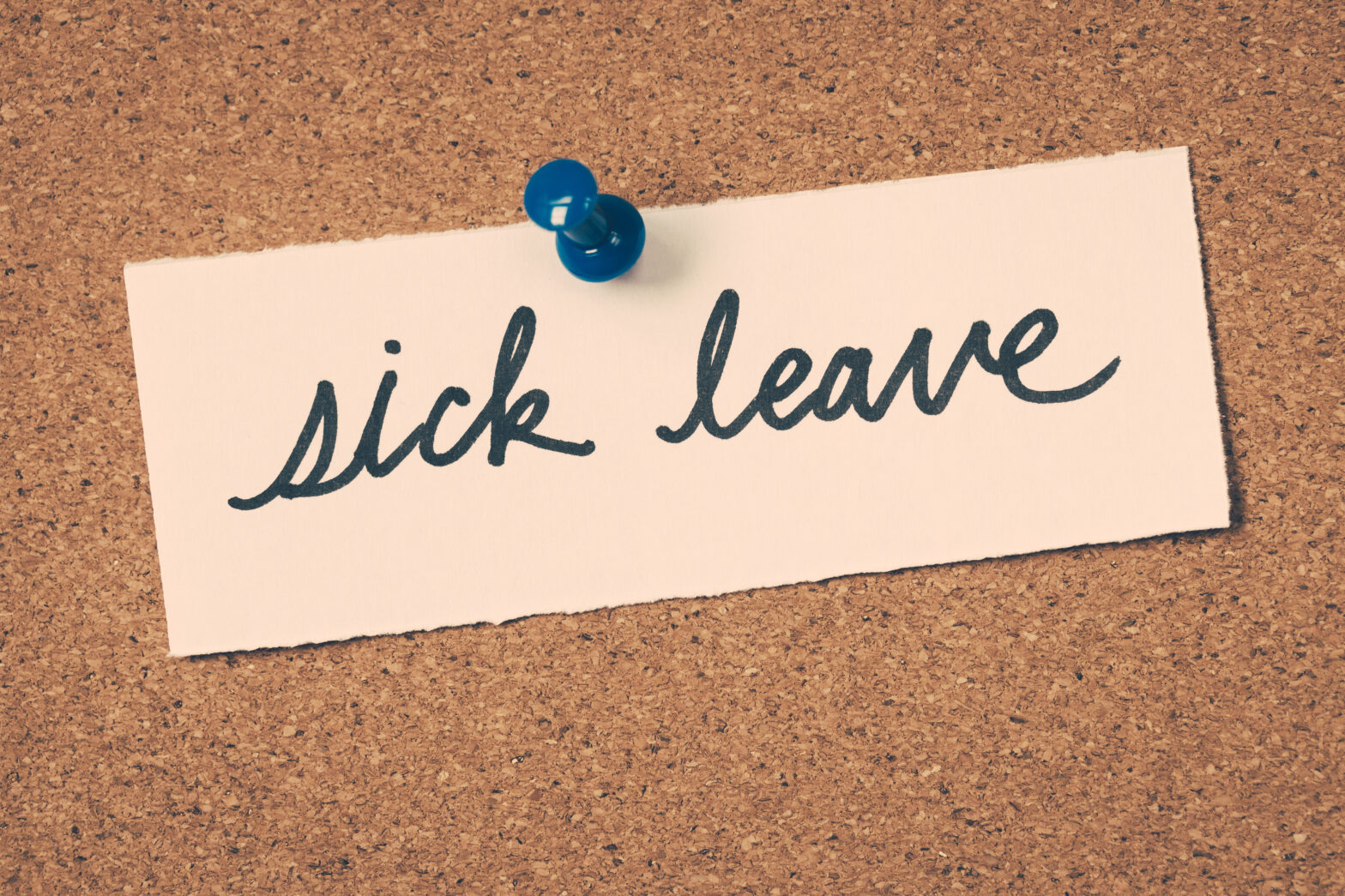New statistics released today by the ELAS Group show the absence rates for the first half of 2017.
9,300 employees from 75 companies across the UK were surveyed.
Whether it’s due to increased publicity or growth in the number of employers using intelligent software to monitor absences, the figures from the first half of the year show that National Sickie Day and Blue Monday are no more. Monday 6th February (Nat’l Sickie Day) had only the sixth highest absence rate while Monday 16th January (Blue Monday) came in eighth with the lowest absence rate out of all the Mondays in January.
While Blue Monday as a day no longer appears to exist, statistics show that Mondays remain consistently blue across the first half of the year with the absentee rate again almost DOUBLE that of Fridays (2054 / 22 per cent compared to 1169 / 12.5 per cent). With the exception of Tuesday 3rd Jan (the day with the highest absence rate in the first six months), all other days in the top ten fall on a Monday. May has two bank holidays which explains why it is the only month where Tuesdays have the highest absence rate.
When it comes to weekend workers, employees are more likely to call in sick on a Sunday (6.5 per cent compared to five per cent on a Saturday).
Employees are most likely to call in sick between 6-8am with 7am on Monday 6th Feb (Nat’l Sickie Day) coming in as the hour with the highest number of sick calls.
In 2016 February topped the list as the month with the highest absentee rate however in 2017, March comes in with the highest rate of total absence with January taking the crown for average absence rate.
Once again, April is the healthiest month with the lowest number of absences recorded across the board.
Top ten highest absences
1. Tues 3rd Jan
2. Mon 9th Jan
3. Mon 23rd Jan
4. Mon 27th March *Clocks changed
5. Mon 30th Jan
6. Mon 6th Feb *Nat’l Sickie Day
7. Mon 20th March
8. Mon 16th Jan *Blue Monday
9. Mon 19th June
10. Mon 27th Feb
Top ten times to call in
1. 7am – Mon 6th Feb *Nat’l Sickie Day
2. 7am – Mon 20th March
3. 7am – Monday 9th Jan
4. 6am – Tues 3rd Jan
5. 7am – Mon 3rd April
6. 7am – Mon 23rd Jan
7. 7am – Mon 30th Jan
8. 7am – Tues 3rd Jan
9. 6am – Mon 9th Jan
10. 6am – Mon 16th Jan *Blue Monday
11. 7am Mon 31st Jan
12. 7am Mon 13th March
Enrique Garcia is a consultant at ELAS specialising in employment law. He says, ‘These statistics bring good news for employers in that National Sickie Day appears to no longer exist. Of course genuine absences cannot be helped but frequent absenteeism, or sickies, is a problem that needs to be tackled. It’s impossible to tell whether or not it’s purely coincidental that the absence rate on Mondays is so high or if people are taking advantage and wanting to extend the weekend but this is the second year in a row that the statistics have shown there is a pattern, which is something employers should be aware of.
‘Systems such as the Bradford Factor are particularly useful when it comes to tackling absenteeism as they heavily weight against frequency of absence. This means that they don’t punish genuine sickness absences but rather short, frequent absenteeism. It also helps identify any patterns of absence e.g. calling in sick regularly on a Monday or after pay day. Intelligent software such as Absence Assist is particularly useful and has been proven to reduce absence rates by an average of 60 per cent.
‘Employers can handle absenteeism through their disciplinary policy. Long term absences are not a disciplinary matter so having a robust system in place will help to reduce fake absences as most employees will not want a disciplinary.’





